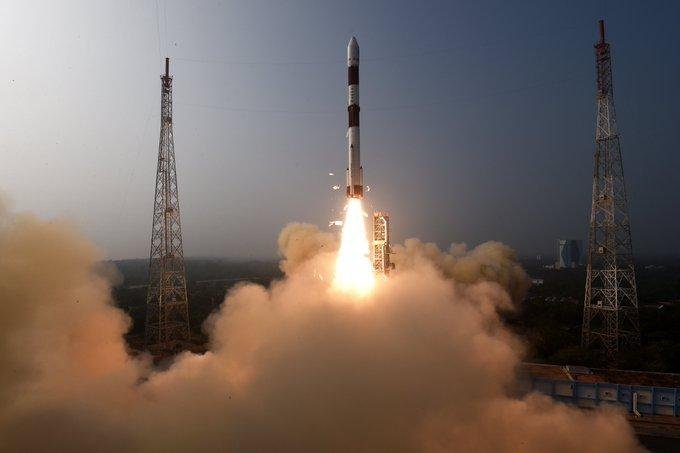After successful launches in 2023, ISRO continues to expand its scientific capabilities in space
The Indian Space Agency kicked off 2024 with the launch of its first satellite to study black holes.
On January 1, India's space agency successfully launched a rocket from Sriharikota to help scientists improve their “knowledge of black holes.” With the XPoSat X-ray polarimetry satellite, India has become the second country to study black holes and other celestial objects using an orbiting observatory. And this launch — only the second mission to study black holes, after NASA launched the similar IXPE mission in 2021. The new satellite will study astronomical sources of X-ray radiation. It is in low Earth orbit and is equipped with two scientific payloads.
The mission is planned to last about 5 years. The goal of the mission is to understand the mechanism of X-ray emission from various astronomical sources, such as black holes, neutron stars and nebulae where stars are born. In particular, the mission will study the polarization of intense X-ray sources in space, which will help to more fully understand the mechanism of radiation and the characteristics of these objects. ISRO's new mission aims to study about 50 potential cosmic sources.
India has made significant progress in its space program in 2023. ISRO has conducted successful launches including the Chandrayaan-3 mission, which took a research vehicle to the south pole of the Moon, and the launch of the Aditya-L1 satellite to study the Sun. ISRO is currently working to launch a manned mission by 2025 with the goal of sending three astronauts to low Earth orbit and returning them back three days later.

